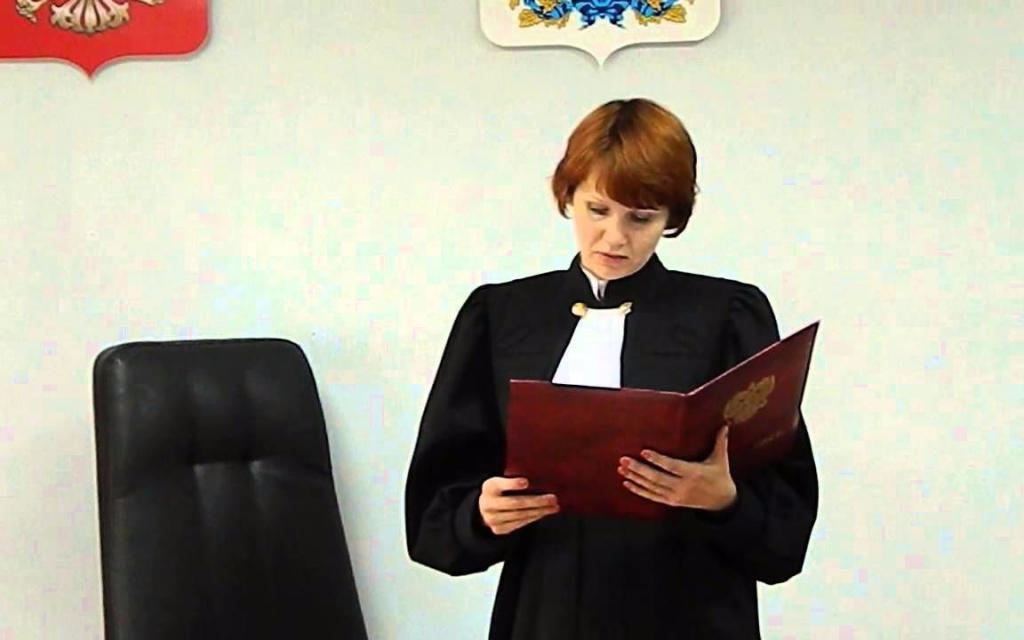On the Internet, they talk about the judicial system no less often than about other elements of our society. What do magistrates do? How are they appointed, what are the features of their status? And what do they matter to society?
Legislative regulation
In the Russian Federation there is a federal law “On Justices of the Peace”. A similar law was adopted in the regions of the country. Local acts repeat the provisions of federal law. The differences relate to the appointment and organization of judges.
The judges “On the Judicial System” and “On the Status of Judges” apply to justices of the peace.
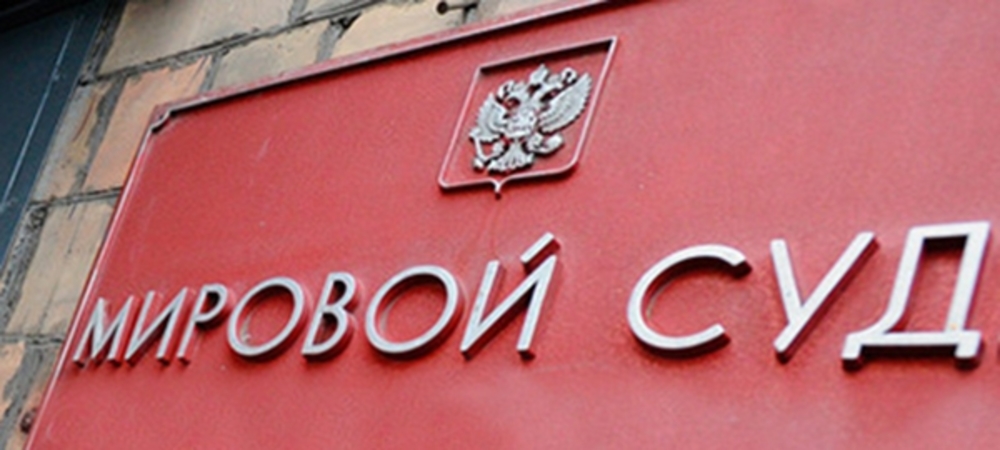
In order to ensure their activities, a number of normative acts were adopted - instructions, provisions. In particular, instructions on the organization of paperwork.
Procedural codes (CCP, AIC, CAS and CCP) provide an answer to the question of what magistrates do.
Status Features
So what do magistrates do? In the same way as their colleagues in other courts of the country, according to their competence: take matters to their production and make decisions on them. Thanks to this, they have the same privileges as other judges regarding immunity (a special procedure for bringing to criminal and disciplinary liability).
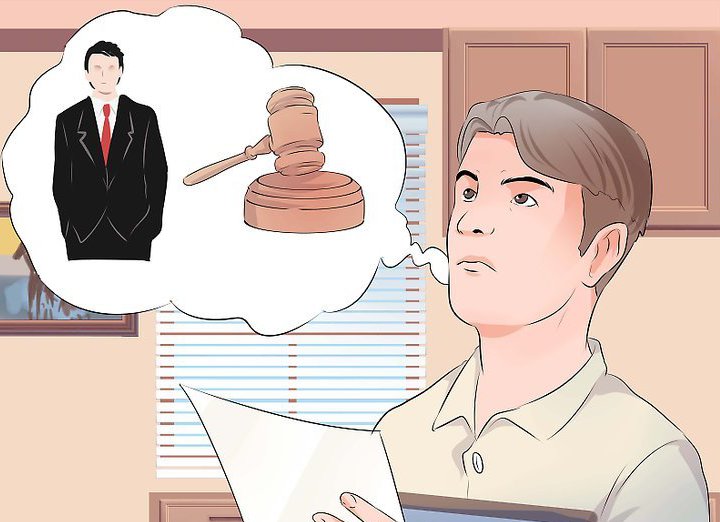
The state provides additional guarantees in the form of the right to retire earlier than the bulk of citizens. The monetary maintenance of the servants of Themis is much higher than that of many public servants. True, the difference in income of members of the judicial corporation is noticeable (80 thousand rubles, instead of 200 thousand rubles per month)
Of course, additional payments are provided for the length of service, for the qualification class, bonus payments, etc. Actually, this is the main thing that distinguishes the justice of the peace from the ordinary.
Organization of Activities
In the regions of the country there are departments to ensure the activities of magistrates. They solve the issues of their placement, staffing, remuneration and other tasks. This includes:
- organizing a competition for filling judges, receiving documents, and transferring them to the legislative assembly;
- search and maintenance of premises in which judges and their employees work;
- hiring secretaries and assistant judges, paying their labor.

Some regions create a full-fledged department or department, while others transfer the solution of issues of activity of magistrates to the judicial departments. These are organizations that perform similar tasks in relation to all other courts (both general and arbitration, regardless of instance)
In Dagestan, for example, the judicial department is organizing the activities of all judges without exception, while in Sevastopol, a full-fledged department is functioning to ensure the activity of justices of the peace.
Funds for their activities are formally allocated from the regional budget. The remaining judges are directly funded from the federal budget.
District Court President
The district court serves as the court of appeal for a magistrate's court. Through its chairman, liaison with the judicial department is provided. The Chairperson is the first to accept complaints against a Justice of the Peace, and give him a characterization to the Qualification Commission for promotion or prosecution. It depends on him whether the judge will receive a prize. He has the right to transfer part of the cases to another magistrate if the first case is significantly more than the second.
What does the world court look like?
And what does the Leninist world court look like - some residents of the same-named district of one of the cities of our country are probably asking this question. But the fact is that in the legislation there is no concept of a world court. There are only justices of the peace.
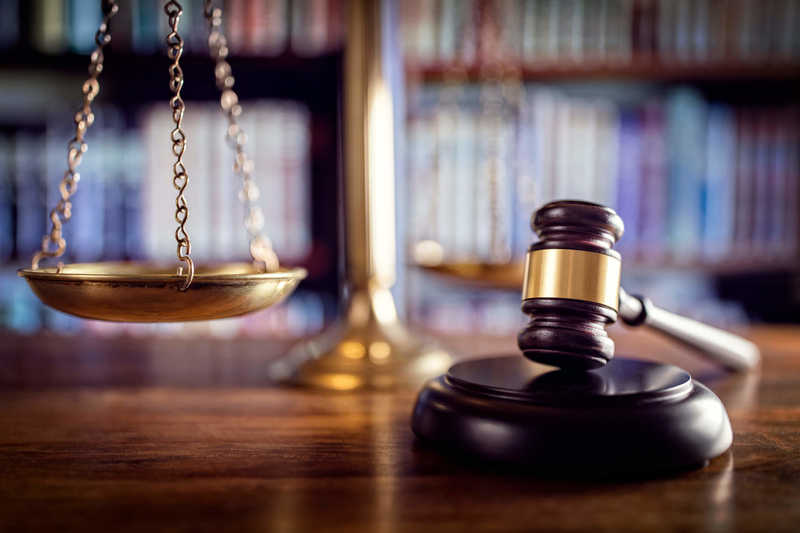
Separate premises are allocated for them, and some can work directly in the building of the district court, the competence of which extends to them.
The territory served by the judges is divided into sections. One site consists of several streets of a settlement or city. The greatest load is observed in Moscow and St. Petersburg. The standard is 25 thousand people per site.
Information about which territories are part of the plots is located on the website of a district or city court or on the page of the GAS portal.
Approaching the building where the magistrate works, the citizen will see a sign with the number of the site. Therefore, the concept, for example, "Leninist world court" and the like in the legislation does not exist. It is used only in conversations with officials and lawyers. Claims and applications are addressed to the justice of the peace plot number such and such.
What matters are considered
What does a justice of the peace do? It would seem that the answer is simple. District level judges are specialized. One group deals with criminal cases and review of CAO materials. The second - consideration of civil and administrative cases. Specialization spreads even further, for example, someone is primarily involved in credit disputes, someone is well versed in matters affecting the interests of children, etc.
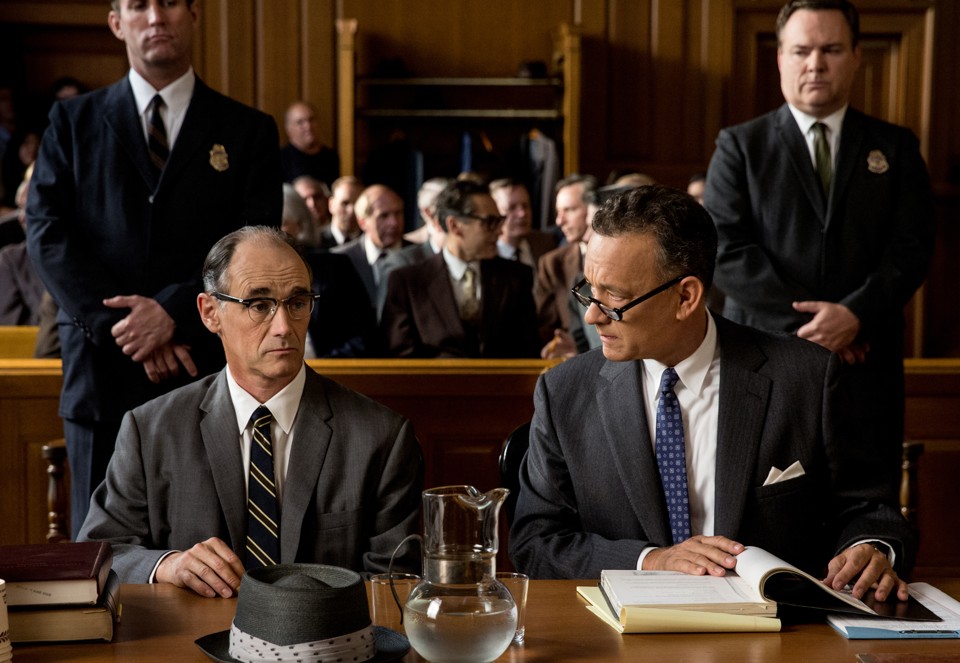
The competence of justices of the peace includes cases of all categories, another thing is that they are considered simple, their complexity lies more in the abundance of documents than in the disputes themselves.
Administrative disputes
CAS RF provides for the only category of disputes for justices of the peace - consideration of applications for the issuance of a court order (collection of tax and other payments).
So, civil disputes include:
- claims for termination of marriage, recovery of alimony, if there is no dispute about the place of residence of children, custody of them;
- a lawsuit in a family case is submitted to the district court if the fact of motherhood, fatherhood, deprivation or limitation of the right to a child, recognition of a marriage invalid, adoption is adopted;
- division of property of divorced spouses, if its price is not higher than 50 thousand rubles;
- disputes on the right to property, at the price of not more than 50 thousand, except disputes on the right to inheritance, to intellectual property;
- disputes about the use of property;
- applications for the issuance of a court order (collection of alimony, debt for the payment of utilities).
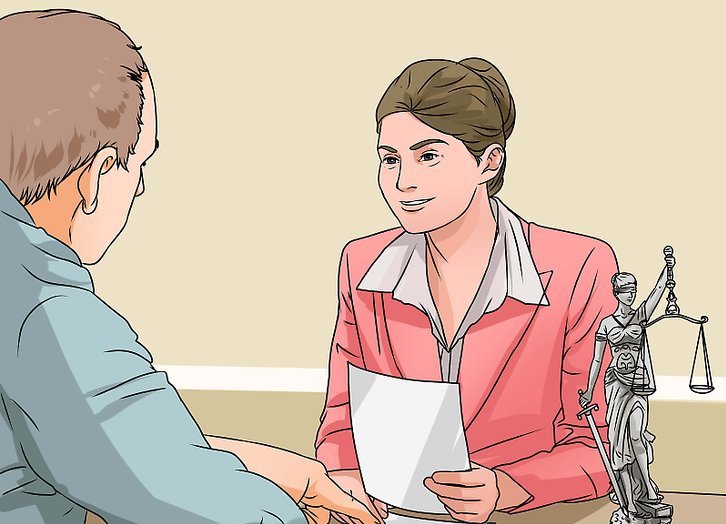
If a claim is presented in a claim, some of which must be considered by a district court, it shall be referred to the district court. A change in jurisdiction in the course of the proceedings entails the same consequences.
Thus, the work of justices of the peace is to enable district courts to deal with more complex disputes that are significant for citizens.
Administrative materials
Administrative materials are protocols drawn up by police and other authorized officials (Labor Inspectorate, Housing Supervision, etc.). And the bulk of such cases are heard by world courts. Cases imposing punishment in the form of suspension of the enterprise, expulsion from the country, etc. are excluded from their competence. Jurisdiction is determined by chapter 23 of the Code of Administrative Offenses.
Criminal proceedings
Magistrates of the Russian Federation resolve criminal cases in which the term of punishment does not exceed 3 years of imprisonment. A complete list of such cases is set out in Part 1 of Art. 31 Code of Criminal Procedure.
Almost all cases involve harm to one form or another. A significant part of them can be stopped by reconciliation of the victim and the accused. It is rare that a magistrate’s case ends with a sentence of imprisonment.
Finally
Justices of the peace have the same status as their colleagues.The cases that they consider are not very complex, the question is rather among them. It is believed that the goal of creating world justice was to facilitate the activities of district courts engaged in more complex, atypical and significant cases.
